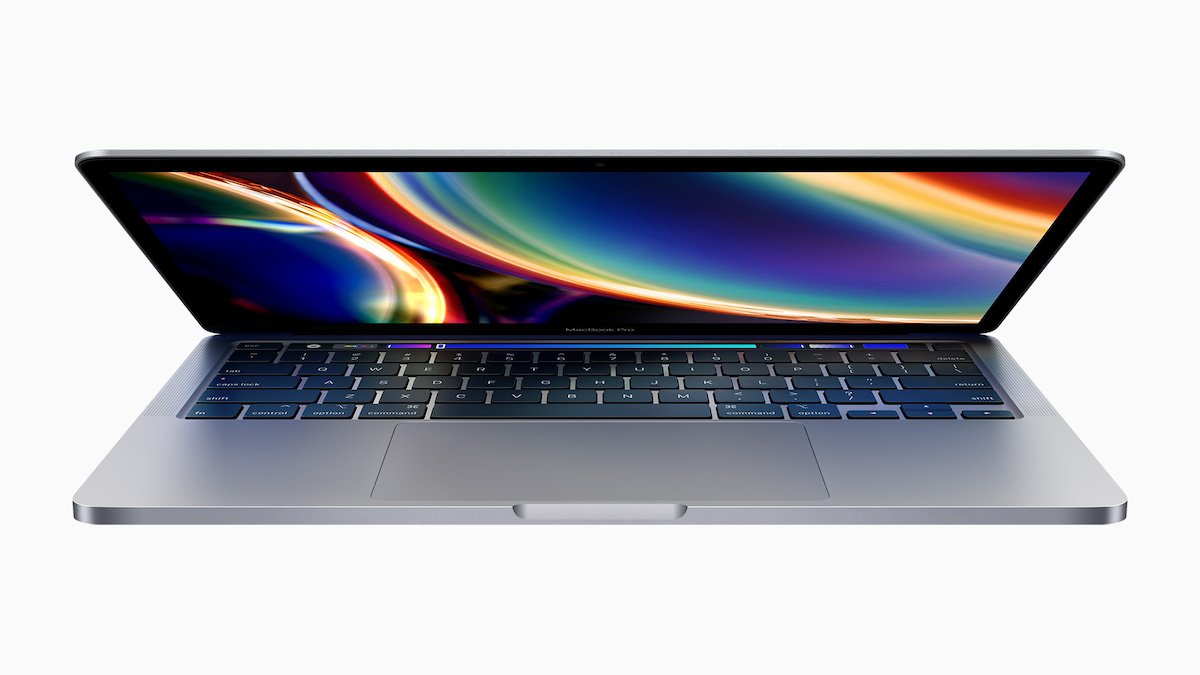The second-generation Apple Silicon in the upcoming MacBook Pro will be M1X and not M2 chip, as per Dylan, iOS developer, who has an impressive track record with Apple leaks and predictions.

M1X chip to be used in 14-inch MacBook Pro, 16-inch MacBook Pro, high-end Mac mini, and high-end iMac
Dylan had tweeted earlier this month that the M1X chip will be an extension of the M1 chip, and will ship by Q4 2021 in new 14-inch MacBook Pro, 16-inch MacBook Pro, high-end Mac mini, and high-end iMac. This M1X chip will feature a higher count of Thunderbolt channels, more CPU and GPU cores, and draw more power, compared to the efficient power draw that M1 features. This is not to say that M1X will not be efficient, but that it will be able to push for higher performance levels with more power consumption.
M1X is an extension of the M1 that will contain more thunderbolt channels, more cpu cores, more gpu cores, and greater power draw. The M1X will be featured in the Higher end Mac Mini, the Macbook Pro 14 and 16, and a higher end iMac.
The M2 chip is expected to launch in Q1 2022 with a new redesigned MacBook Air.
Dylan also addressed that even though the M1 chip is now available in new iPad Pro models, iPhone 13 will not get the same chip. It will feature a new A15 chip, and will have impressive performance, almost as good as the M1 chip.
The M1 is NOT coming to the iPhone 13. Instead we will get the A15. Performance will still be very impressive and actually comparable to the m1 performance wise.
It makes sense that Apple uses a different chip for iPhones due to their specific requirements and use cases. Apple’s unique position in the industry lets it customize its hardware and software to work with each other, and the company can tune its chip design to work based on the device requirements. The M1 chip in MacBook Air and iPad Pro fulfill similar user requirements, while the chip in iPhones is best for quick bursts of performance followed by ramping down quickly to save performance.
via 9to5Mac
Read more:
6 comments
Comments are closed.